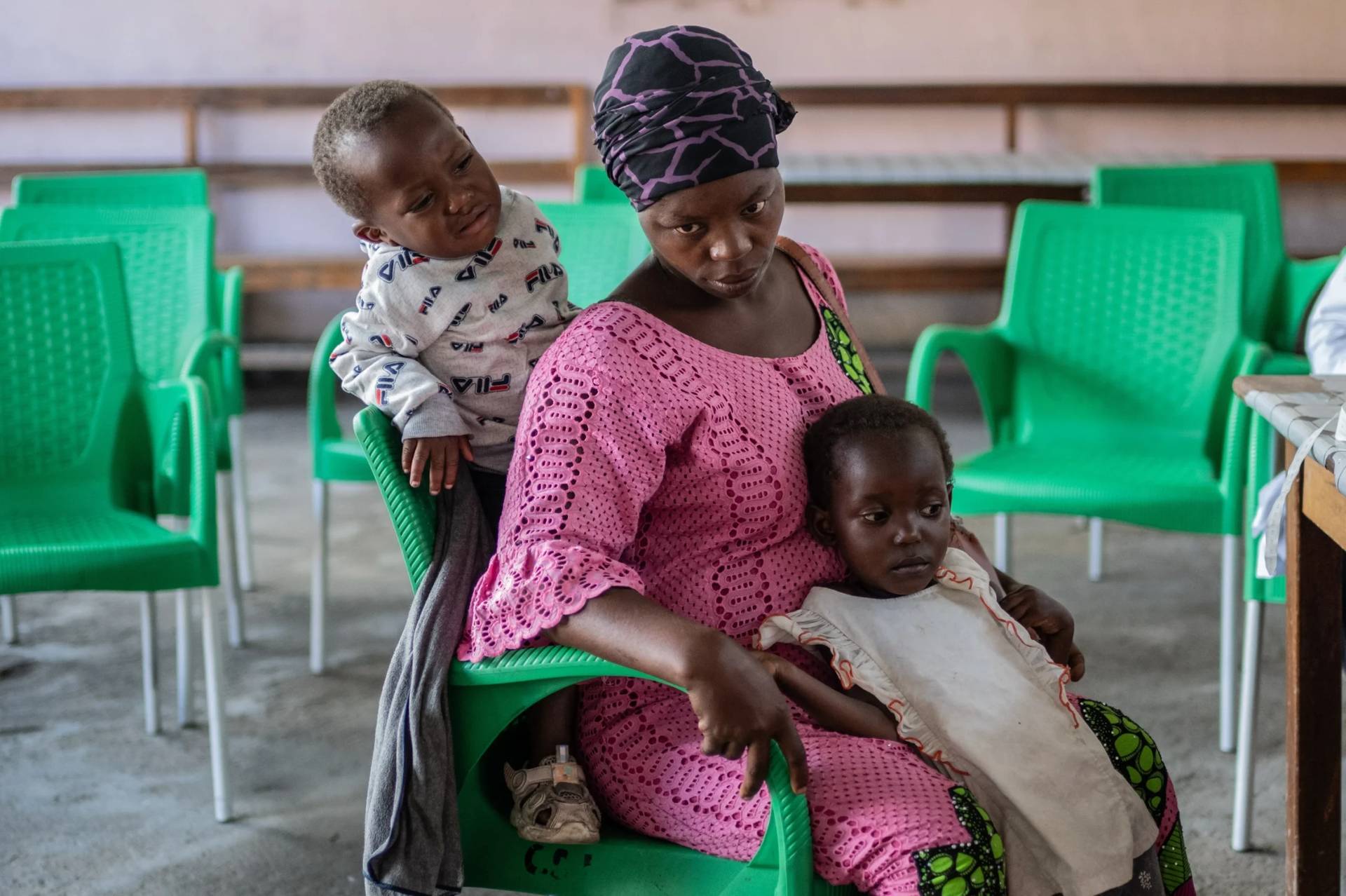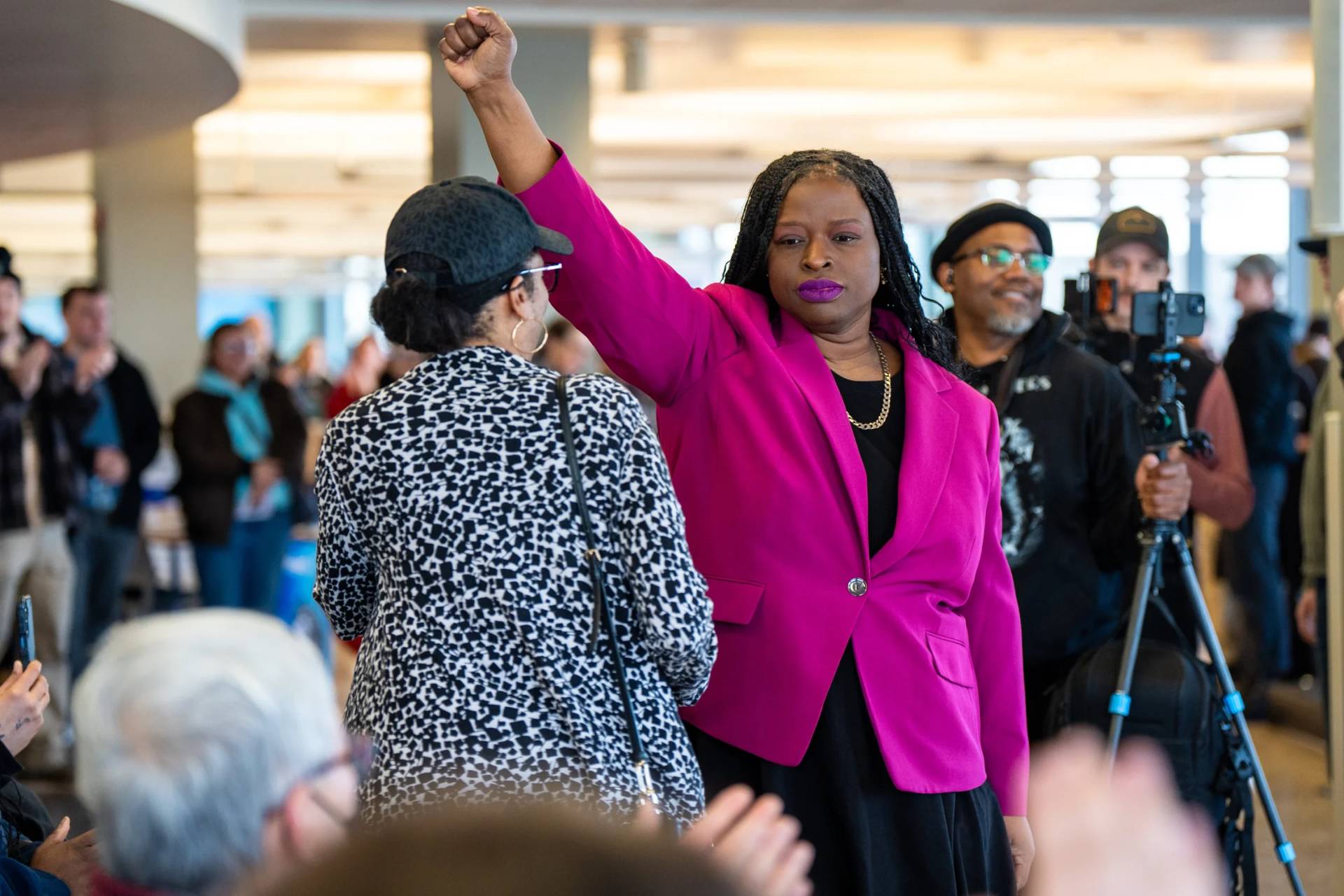MEMPHIS, Tennessee — A 400-mile drive from Louisiana to Tennessee may mark the finish line for 68-year-old Bishop David Talley, who begins what may be his final post on Tuesday in Memphis, but for local Catholics it’s a fresh start for a diocese defined by turmoil the past two years.
Last month Pope Francis appointed Talley to succeed Bishop Martin Holley, whose two-year stint in the diocese drew sharp criticism from priests and laity alike who opposed the sweeping changes he brought and believed he showed little regard for local history and customs, resulting in a Vatican inquiry.
RELATED: Memphis under Holley offers object lesson for new bishops everywhere
As Catholics here prepare to welcome their new shepherd, many are hopeful that Talley — who is short in stature — will bring a big heart, ready to heal a wounded diocese. Many local observers point to his engagement during the five weeks since news of his appointment as “Exhibit A” he’s prepared to do just that.
Monsignor Peter Buchignani, the now-retired vicar general of the diocese, told Crux that since being named, Talley has held two meetings with the priests of the diocese and that “the clergy as a whole are very impressed and are very happy that he’s going to be the bishop.”
“I think most feel he is going to be a good reconciler and a good healer, because a number of the priests are very seriously hurt,” Buchignani said. “I think Bishop Talley seems to be the kind of person that will be very good at reaching out.”
Archbishop Joseph Kurtz of Louisville, who was tapped to oversee the diocese after Holley’s departure, told Crux that Talley has a reputation as a solid communicator, something he believes will benefit not only the diocese but the entire province.
Several priests echoed that sentiment, saying Talley has already said that he’s an avid e-mailer and he expects his priests to be in touch whenever he writes.
Kurtz also said that the manner in which Talley sought to ensure that priests and faithful of his former diocese of Alexandria were tended to, even before the announcement was made of his departure, is evidence that Talley’s first concern is his flock.
On the morning of March 5, the day of his announcement as bishop, Kurtz and Talley joined the retired priests of Memphis’s Villa Vianney retirement home for a morning Mass and breakfast.
RELATED: Louisiana bishop named new head of troubled Tennessee diocese
“He asked that the morning Mass be a votive Mass on behalf of the laity so that he might pray for all of the faithful of Memphis,” Kurtz recalled, calling it “a great instinct.”
Several priests of the diocese and diocesan officials pointed to Talley’s experience in Alexandria in northern Louisiana as making him well-suited to lead Memphis, as both dioceses encompass impoverished parts of the country and consist of minority Catholic populations.
Talley, a Georgia native, is a Southern Baptist convert to Catholicism, who left the denomination of his youth over the issue of racial segregation. Prior to entering the seminary he worked a caseworker for abused and neglected children.
In Memphis, Talley — who will be the city’s first white bishop in a quarter-century — is likely to be relied on to serve as a bridge builder in a diocese mostly made-up of white Catholics in a traditionally African American part of the country, and whose Jubilee Schools program serving inner city children has become a hallmark of Catholic work among marginalized communities. Alexandria, like his new home in Memphis, is also majority black.
In addition, several priests of the diocese told Crux that they hope his Protestant background will position the new bishop to engage in ecumenical initiatives with other Christian traditions.
Others point to his formative years in the archdiocese of Atlanta that they believe will be critical to helping him rebuild.
Some priests point to his time as vocations director in hopes that he will prioritize the recruitment of new seminarians for the diocese, while others point to his time as chancellor of the archdiocese as an indicator that he will focus on properly staffing and repairing relationships in Memphis’s Catholic Center, which they feel were left in shambles during Holley’s tenure, with the departure of much of its core personnel.
Many believe that Archbishop Wilton Gregory of Atlanta, under whom Talley was made an auxiliary bishop in 2013, was critical to his appointment to Memphis. Gregory served, alongside Archbishop Bernard Hebda of Saint Paul and Minneapolis, as a Vatican-appointed investigator of Holley.
Observers believe that experience led Gregory to understand the particular needs of the diocese, leading him to push for Talley as a man who could uniquely understand the situation and serve as a healing force.
During a March 5 press conference after his appointment, Talley admitted to the local press and the diocesan staffers on hand that he lacked a firsthand knowledge of the diocese and had arrived in town “to listen and to learn from these good people, my priests, deacons, and religious.”
While noting that Memphis is a river town and that he’s come from river towns before, he wanted to spend time understanding the culture of West Tennessee and that he considered his first task to be a “listening session.”
Beyond that, “we preach the gospel and we pay the bills, in that order,” he said to laughter from the audience.
As a fellow southerner, he appealed to their southern hospitality and said “we welcome the stranger…and I’m a stranger coming in.”
Bishop Terry Steib, whose 23-year stint in the diocese had made him a local legend until he was largely sidelined by Holley, told Crux that Talley has been actively seeking his counsel since being named to lead the diocese and pointed to his initial press conference as a sign of further things to come.
“I’ve learned that he’s rather pastoral and that he’s a good listener. I think he will be able to dialogue with people, that he will not be simply making decisions on his own, but that he’ll be consulting with others…to arrive at what the diocese needs,” he said.
He also said that he believes Talley will look at the past record of lay leadership within the diocese and “continue to use those talents and gifts as the Church continues to grow and move on.”
Kurtz also cited Talley’s opening press conference and recalled that “he kept wanting to move away from the podium where the microphone was and closer to the people so that he might be more deeply engaged.”
“That instinct,” said Kurtz, “will be of great benefit for the priest and faithful of the diocese of Memphis.”













